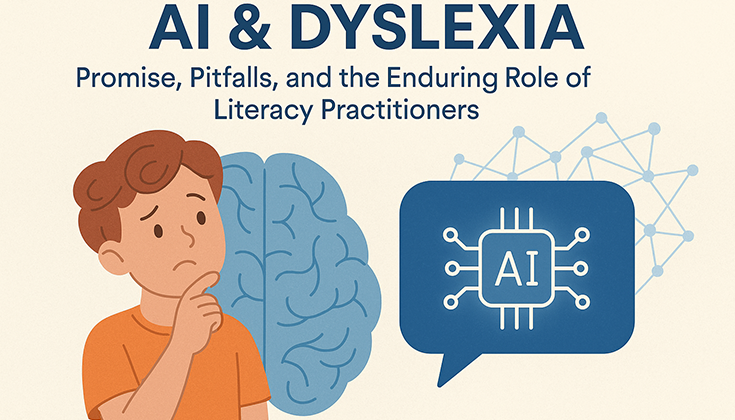Successful Outcomes in Online Learning
September 6, 2022
Alfred Kee
Pandemic Challenges to Online Learning
The COVID-19 pandemic thrust many educators and students into the world of online learning, whether it was wanted or not. As such, much literature has recently been written about the negative consequences of online learning. During this period, online learning was implemented as an emergency measure to allow teaching to continue while the world figured out how to manage the pandemic. So remember that teachers had little time or resources to deliver already challenging curriculums online.
On the student's side, many households did not have optimal environments for online learning. Gaps included: a lack of the suitable computing hardware like laptops and iPads, parents who could not provide tech support, and in some cases, competition for private spaces as parents and siblings were all at home working and studying online. With all these challenges, it is surprising that any successful educational outcomes were achieved.
Online Learning By Design
It is unfair to declare all online learning unsuccessful if we do not compare it with teaching specifically designed for online delivery. There is evidence in research and in our own experience that online learning can be as effective and sometimes more effective than in-person learning when delivered on an individualized one-on-one basis.
Here are some ways that online learning made by design is different from what many experienced through the unplanned emergency measures of the pandemic:
- Lesson plans crafted specifically for online learning are more than just delivering via Zoom. Online resources that leverage the power of play and technology outside of Zoom paired with remote sharing allow students to interact with us and our curriculum in a multi-sensory manner.
- Multi-sensory learning kits sent to students in advance further optimize the learning experience. These include tactile tools that our students can manipulate over a Zoom call.
- One-on-one online learners do not experience disruption from other students who have not been able to adapt. For any challenges that may come up, the student has the personal attention of their teacher and support team.
Other factors can make online learning advantageous:
- Access - There are markets where specialized teaching and experts are unavailable. Online learning provides access to experience and knowledge that may not be readily available in the local market.
- Time Savings - Shuttling kids back and forth is tiresome for both kids and parents. Online learning reduces the amount of time wasted on transportation. What parent these days could not use some time savings?
- Comfort - Online learning allows children to learn from the comfort of their own homes. Often for children with learning differences, the comfort of the home reduces anxiety, and the reduction of anxiety improves the speed and effectiveness at which successful outcomes can be achieved.
There is even more good news in research that shows that online learning for students with learning differences like autism can benefit from online learning. The article and research paper below supports our observations, and we think it translates well for many students with dyslexia:
- https://www.pittsburghparent.com/advantages-of-online-learning-for-some-students-on-the-autism-spectrum/
- https://ajet.org.au/index.php/AJET/article/view/5483/1627
What does all this mean for Everfree Therapeutic Learning Centers and our students? It means we are always looking for ways to learn and grow our online educational therapies for those with dyslexia and other learning differences. Please let us know if you have feedback on what works well or could use improvement. We are more than happy to listen and look for ways to improve.




